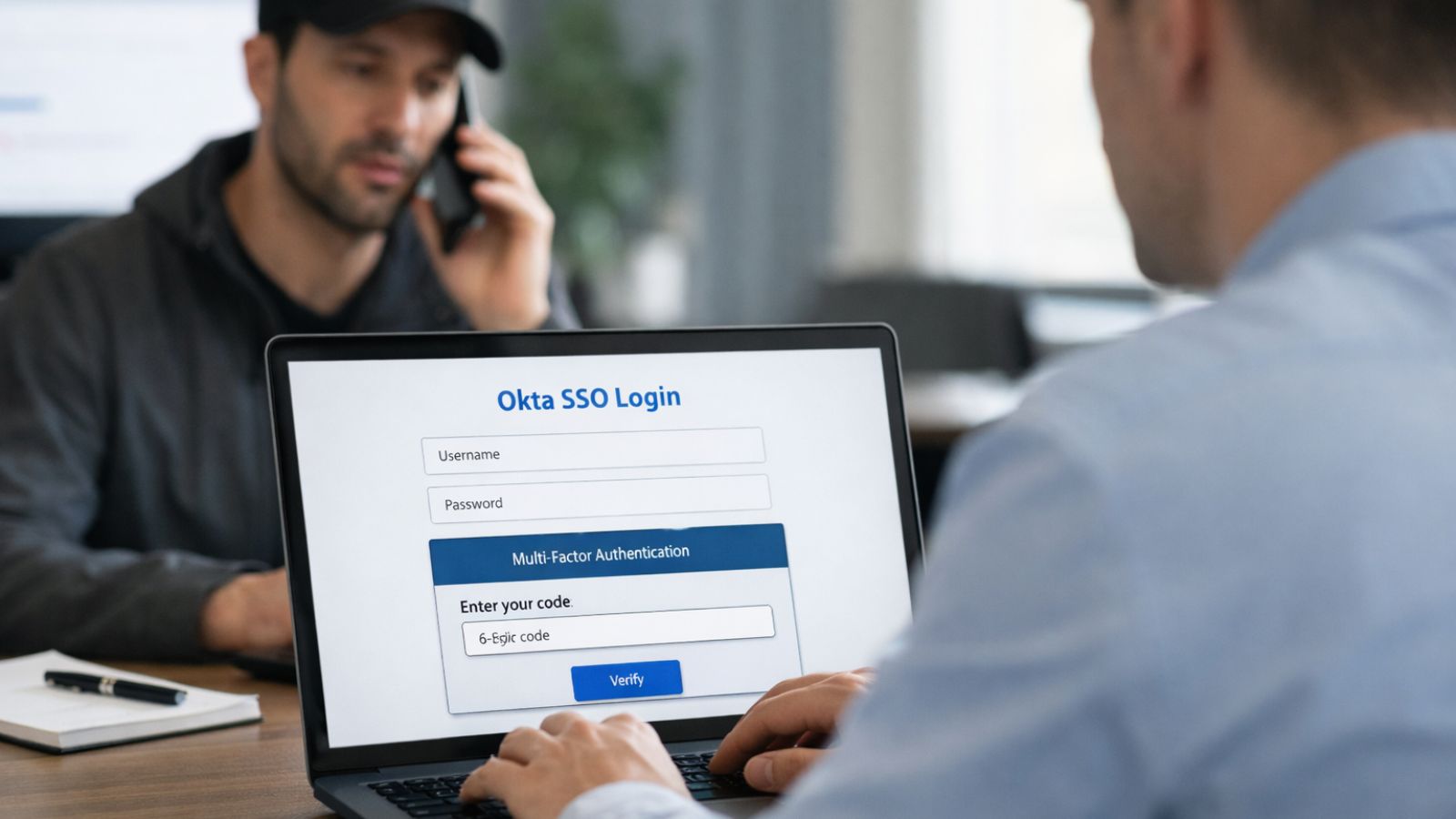
European Anti-Piracy Coalition Proposes Powerful IPTV Takedown Tools
- The AAPA has published a set of proposals to tackle piracy and IPTV service providers in Europe.
- Among the suggestions, there’s a continent-wide user ban and the mandatory “KYC” keeping from hosting providers.
- The proposals would be legally and practically complex to implement, but they would have crucial effects.
The AAPA (Audiovisual Anti-Piracy Alliance), which is something like the European “ACE,” is proposing a range of new measures and tools to be deployed against IPTV services based or operating in the continent.
These pirate IPTV platforms are re-distributing content belonging to broadcasters such as BT, Sky, Canal+, Nova, beIN, DAZN, Cosmote TV, CYTA, and OSN. This harms the profits of these media companies, as people are streaming sports events and other types of content without paying the monthly subscription.
But stopping these platforms is neither simple nor easy, so here’s what the AAPA proposed.
- All hosting companies, domain registrars, and advertisers should ask for KYC (know your customer) details and documents (like ID cards) from their clients.
- There should be a simpler and more rapidly-enforced “notice and action” procedure for justified takedown requests, as well as the capacity to send multiple links for removal in a single notice.
- Live content that is pirated and re-distributed live on any online platform should be removed within 30 minutes from the reception of a complaint. If there are disputes over whether the content is infringing any copyrights, the removal should be carried out nonetheless, and the disputes should be resolved at a later stage.
- If someone is identified as a repeat infringer, they should have their internet connection limited or blocked by all ISPs in Europe. This requires an EU-level law that would make any court-approved injunctions valid continentally and not just in a single country.
- Measures should be taken at the EU level against giants like YouTube and Facebook, which are very reluctant in tackling piracy the way the rightsholders have been asking for. Their liability should be increased in this context, and at the legal level, they should be seen as active or passive hosting service providers.
- Anti-piracy systems such as the “Content ID” used by YouTube are simply not effective enough, so the AAPA asks for audits carried out by an independent European authority, which would enforce strengthening proposals to those platforms.
Applying all of the above is complicated, especially the “KYC” part, as there are anonymous services like Njalla that are not breaking any laws whatsoever. If the EU were to approve the above, piracy in the continent would surely become a lot harder for both the providers and the casual pirates, likely pushing many of them to the dark web. AAPA takes a “want it all” approach here, and understandably, but it doesn’t appear to be very realistic or even feasible.







